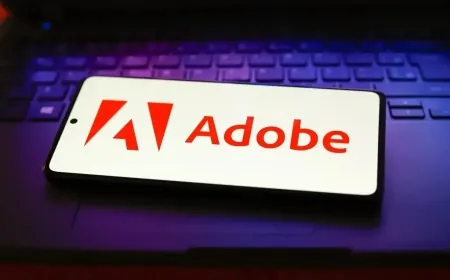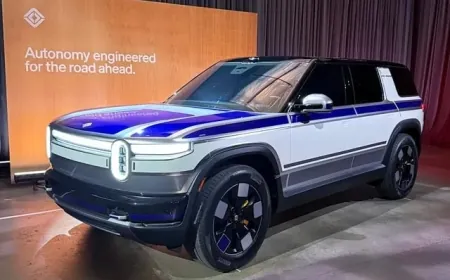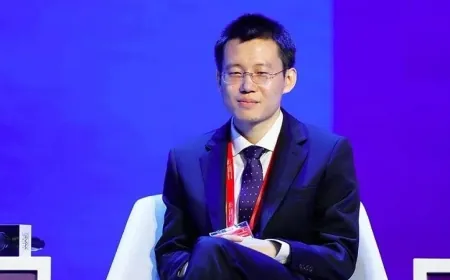AI Startup Positron Secures $23.5M Funding to Compete with Nvidia in Chip Market
Positron secures $23.5M to develop energy-efficient AI chips, aiming to challenge Nvidia’s dominance. The U.S.-made chips promise high performance with lower power use.

AI chip startup Positron has raised $23.5 million in seed funding to accelerate the production of its advanced processors, aiming to compete with Nvidia, the current leader in AI hardware. The company, based in Reno, Nevada, is focusing on developing efficient, high-performance chips that could offer an alternative to Nvidia’s widely used GPUs.
The funding round saw participation from major investors, including Valor Equity Partners—known for backing Elon Musk’s ventures—along with Atreides Management, Flume Ventures, and Resilience Reserve. The investment will help Positron scale manufacturing, expand research and development, and bring its AI chips to a larger market.
Positron’s AI Chips: More Power, Less Energy
Unlike traditional GPUs that consume significant power, Positron claims its chips use less than one-third of the energy required by Nvidia’s top-tier H100 GPUs while delivering the same level of performance. This makes them a cost-effective and environmentally friendly solution for companies seeking high computing power without excessive energy consumption.
Another key difference is that Positron’s chips are optimized for AI inference rather than training. Inference refers to the phase where AI models process and generate real-time results based on prior training. For example, chatbots responding to users, self-driving cars recognizing objects, and search engines generating answers all rely on inference.
Currently, training chips are in higher demand as companies race to build and refine AI models. However, industry analysts predict that inference-focused chips will become even more important as AI adoption grows. Many AI-powered services will require efficient hardware to run at scale, making inference chips a critical part of future AI infrastructure.
Rising Demand for AI Hardware
The AI chip industry is experiencing unprecedented growth, driven by major tech companies investing heavily in AI infrastructure. Meta has announced plans to spend up to $65 billion on AI advancements in 2024, while Microsoft is setting aside $80 billion. OpenAI recently revealed Project Stargate, a massive $500 billion initiative aimed at expanding AI computing power over the next few years.
Despite these massive investments, Nvidia remains the dominant player, holding around 80% of the AI chip market. However, reliance on a single supplier has raised concerns about costs, supply chain bottlenecks, and long-term sustainability. This has led companies like Microsoft, Meta, and OpenAI to explore alternative chip solutions, including developing their own AI processors and partnering with emerging startups like Positron.
The Future of AI Chips: Can Positron Compete?
While Nvidia continues to lead the market, competition is heating up. Tech giants such as Google and Amazon have already designed their own AI chips to reduce dependency on external suppliers. Other startups, like Positron, are seizing the opportunity to introduce innovative, energy-efficient solutions that could challenge the status quo.
Positron’s recent funding will help the company scale operations and prove its technology can compete with Nvidia’s offerings. If the company delivers on its promises of lower energy consumption, high performance, and cost savings, it could carve out a significant space in the growing AI hardware industry.
As demand for AI chips continues to skyrocket, companies looking for more efficient, flexible, and cost-effective solutions may turn to Positron and similar challengers. With fresh funding and a clear focus, Positron is positioning itself as a key player in the race for the next generation of AI computing power.
Also Read: Sam Altman Rejects Elon Musk’s $97.4B OpenAI Offer with a Sharp-Witted Response































































